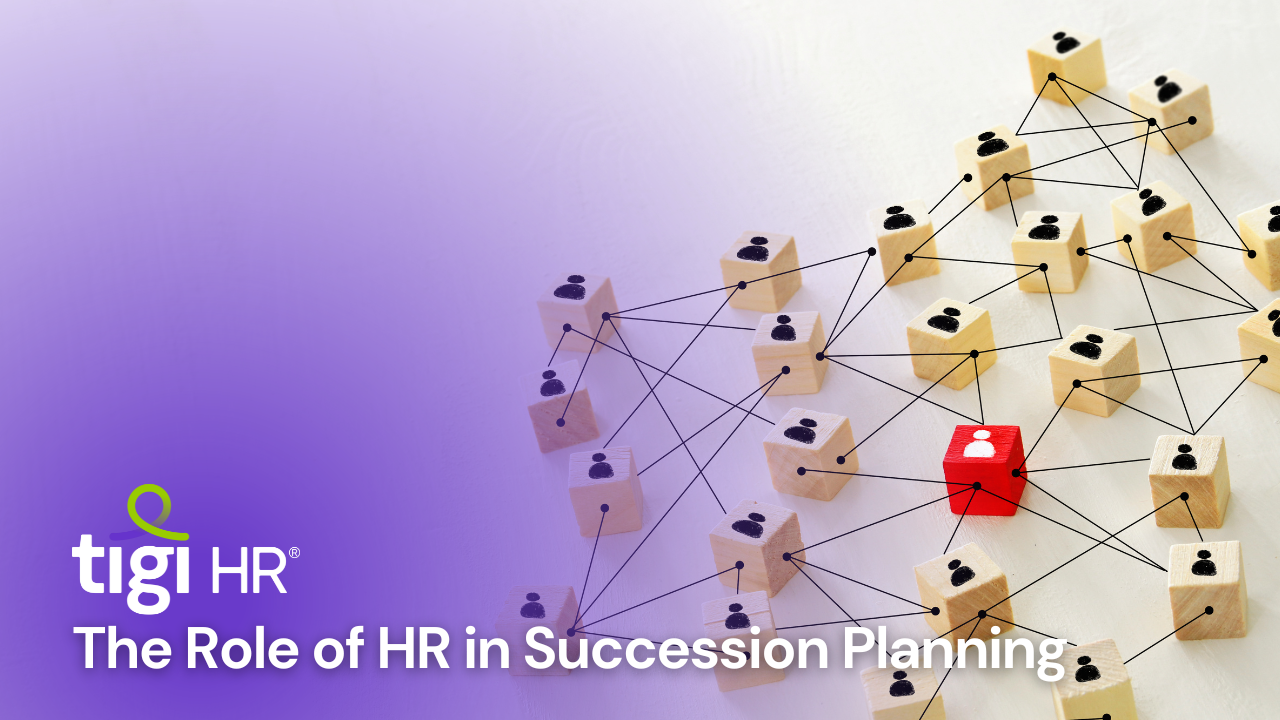In the ever-shifting landscape of modern business, the adage “change is the only constant” resonates more than ever. To ensure continuity and sustained success, organizations must look ahead and prepare for leadership transitions with precision and foresight. Succession planning is the cornerstone of this preparedness, and at its core is the HR department, the driving force that charts the course for future leadership.
The Strategic Significance of Succession Planning
Succession planning is not a simple contingency; it is a strategic imperative. It is the process by which businesses identify, develop, and nurture internal talent to take the reins when key leaders move on or retire. In an era defined by rapid change and unpredictability, this planning is essential in safeguarding an organization’s stability, values, and long-term growth.
However, the practice of succession planning is not merely about filling vacancies. It is about cultivating a pool of leaders who can seamlessly step into their roles, maintain the company’s identity, and drive its vision forward. It hinges on identifying high-potential employees, grooming them for leadership, and ensuring a robust pipeline of talent.
The Role of HR in the Orchestra of Succession Planning
Within this orchestration of leadership continuity, the HR department holds the conductor’s baton. Here are the pivotal roles HR plays in ensuring the harmony of succession planning:
Talent Spotting and Nurturing
HR is tasked with the profound responsibility of identifying potential leaders within the organization. This goes beyond evaluating qualifications; it involves understanding a person’s character, potential, and ability to drive change. HR professionals excel in spotting the ‘diamonds in the rough’ and fostering their growth.
Tailored Development
Once high-potential individuals are identified, HR creates customized development programs. These programs are uniquely designed to align with the career aspirations and needs of each candidate. HR’s expertise in coaching, mentoring, and facilitating learning becomes indispensable in this journey.
Continuous Feedback and Adaptation
HR sets up feedback mechanisms and evaluation frameworks to track the progress of potential successors. This continuous feedback loop helps in refining development strategies and honing leadership capabilities.
A Culture of Preparedness
Perhaps one of the most transformative roles HR plays is in transforming the organization’s culture. They communicate the significance of succession planning throughout the company, motivating employees to think about their growth and role in the future of the organization. HR is pivotal in creating a shared understanding of the company’s long-term vision.
Championing Diversity and Inclusion
HR professionals also have the essential role of ensuring that succession planning encompasses diversity and inclusion. By proactively identifying and supporting talent from diverse backgrounds, HR aids in crafting a leadership team that is rich in perspectives and experiences, a critical aspect in today’s globalized world.
The Evolution of Succession Planning
Succession planning is not static but a dynamic, evolving process. HR must adapt to the changing dynamics of the organization and the marketplace. This involves reassessing leadership requirements, reevaluating potential successors, and keeping a keen eye on emerging talents.
In conclusion, the role of HR in succession planning is instrumental in the present and the future of any organization. It transcends the traditional HR functions and becomes a strategic enabler of growth and stability. The custodians of human capital, HR professionals hold the key to ensuring an organization’s continued success, even in the face of uncertainty and change.
Creating a Winning Employee Benefits Package
Crafting an exceptional employee benefits package is akin to creating a work of art. Customization, diverse perks, and a focus on growth and engagement are the essential brushstrokes. Family-friendly policies add depth, while transparent communication illuminates the masterpiece. This canvas must evolve with time, adapting to changing employee needs. Elevate your talent attraction and retention game with a carefully designed benefits portfolio that truly resonates
Find trusted recruitment agencies : Click here





